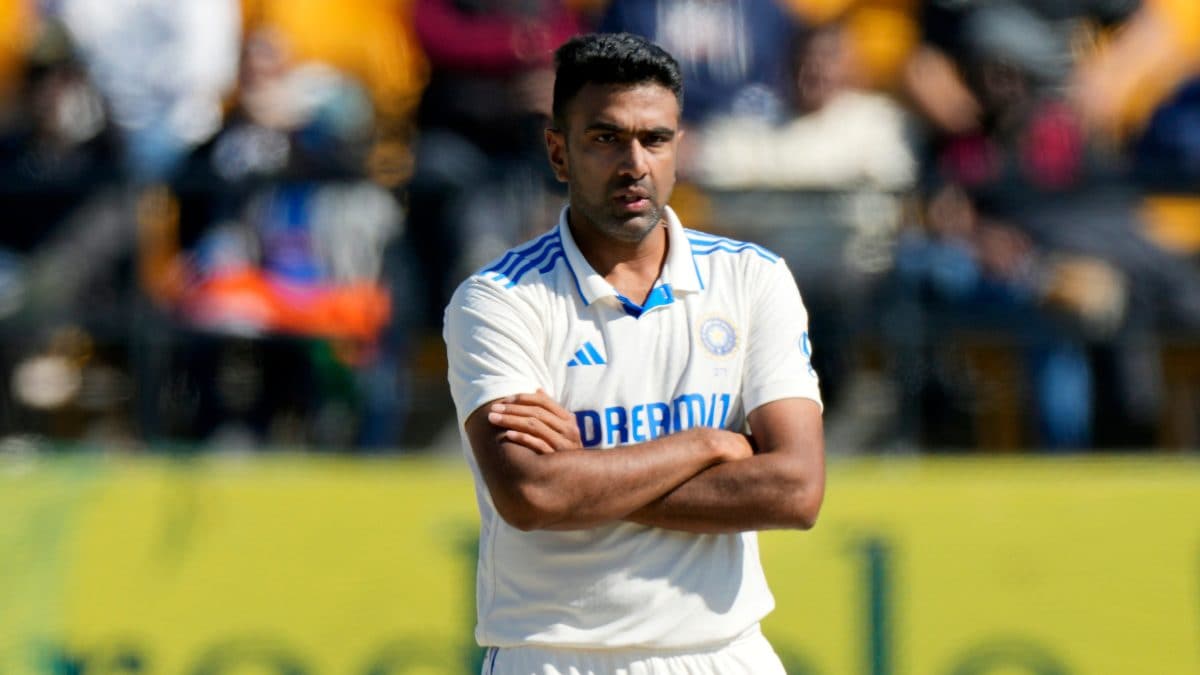 |
|
The recent retirement of Ravichandran Ashwin from international cricket has sent shockwaves through the sporting world, leaving fans and commentators alike grappling for answers. While Ashwin himself has remained relatively tight-lipped about the reasons behind his decision, a bombshell interview with his father, Ravichandran, has offered a startling perspective, suggesting that years of perceived humiliation played a significant role in the legendary spinner's departure from the international stage. This claim, made in an exclusive interview with CNN News18, paints a picture far more complex than a simple burnout or waning skill, highlighting a potential conflict between player and team management that went beyond the public eye. The revelation that Ashwin's family, while shocked by the sudden announcement, had been anticipating his retirement due to ongoing 'humiliation,' throws a harsh light on the pressure and emotional toll placed upon even the most accomplished athletes. This suggests a deeper issue within the cricketing world, prompting serious questions about the support systems in place for players navigating the intense pressures of international competition.
Ravichandran, Ashwin's father, described his son's decision as a surprise, but one that was not entirely unexpected. The interview emphasized the emotional impact on the family, particularly given Ashwin's 14-15 year career. The father revealed his understanding that the retirement was driven by a feeling of being continually humiliated. He subtly highlighted the irony – while happy for his son's freedom, he also expressed regret that Ashwin had not continued his illustrious career. This poignant reflection demonstrates the conflicting emotions associated with such a momentous decision, underlining the deep personal sacrifices and compromises made by athletes and their families throughout years of dedicated training and competition. The subtle acknowledgment of expected retirement due to the persistent humiliation suggests a chronic issue that was progressively wearing down Ashwin, rather than a singular incident that triggered his abrupt departure.
The interview also highlighted the significant role of consistent exclusion from the playing XI, despite Ashwin’s consistently stellar performance. This omission, interpreted by his father as humiliating, may have fueled Ashwin’s decision. This claim is corroborated to some extent by Indian captain Rohit Sharma's statement that Ashwin had considered retirement previously and was convinced to delay it. Sharma's admission implies that there were underlying tensions and discontent that extended beyond a simple strategic decision of team composition. While Sharma’s efforts to delay the retirement indicate the team’s acknowledgement of Ashwin's value, it also underscores the potential for simmering resentment to eventually boil over. Such an interpretation shifts the narrative beyond a simple matter of cricket strategy and into a discussion about player morale, team dynamics, and the psychological well-being of star athletes.
Interestingly, Ravichandran downplayed his own involvement in Ashwin's cricketing journey, attributing his son's success primarily to Ashwin's own talent and dedication. He depicted himself as a facilitator, providing only basic support, transporting him to practice and encouraging a balance between academics and sports. This humble account contrasts sharply with the intense pressures and challenges faced by Ashwin in the highly competitive world of international cricket. It underlines the substantial efforts made by Ashwin independently, highlighting his intrinsic drive and commitment. By focusing on his son's inherent abilities and self-reliance, Ravichandran subtly emphasizes the immense strain placed upon Ashwin by external factors, rather than intrinsic limitations in his abilities, further supporting the assertion that humiliation significantly contributed to his retirement decision.
The narrative presented by Ashwin's father opens a crucial discussion about the mental health and well-being of athletes within high-pressure sporting environments. The subtle yet profound impact of constant pressure, perceived slight, and the lack of recognition for outstanding performance should not be underestimated. The claim of 'humiliation' necessitates a critical examination of the support systems available to athletes, the dynamics of team management, and the broader societal expectations surrounding success and failure. This extends beyond cricket and suggests a general need for a more holistic and empathetic approach to supporting athletes at all levels, ensuring their mental and emotional well-being is prioritized alongside their physical prowess. Ashwin's retirement, viewed through this lens, becomes a cautionary tale, highlighting the delicate balance between competitive drive and the preservation of mental fortitude.
In conclusion, Ashwin's father's claim throws into sharp relief the complex interplay of factors contributing to an athlete's career trajectory. While tactical decisions and performance variations undoubtedly play a significant role, the interview underscores the significant impact of emotional and psychological well-being. The assertion of 'humiliation' demands a re-evaluation of the support systems and team dynamics within the cricketing world, and indeed, across all competitive sporting environments. The story goes beyond just the retirement of a cricketing legend and offers a crucial insight into the hidden pressures and struggles faced by athletes operating at the pinnacle of their sport. The legacy of Ravichandran Ashwin, therefore, may extend beyond his remarkable cricketing achievements to raise crucial conversations about the mental and emotional demands of elite sport.
